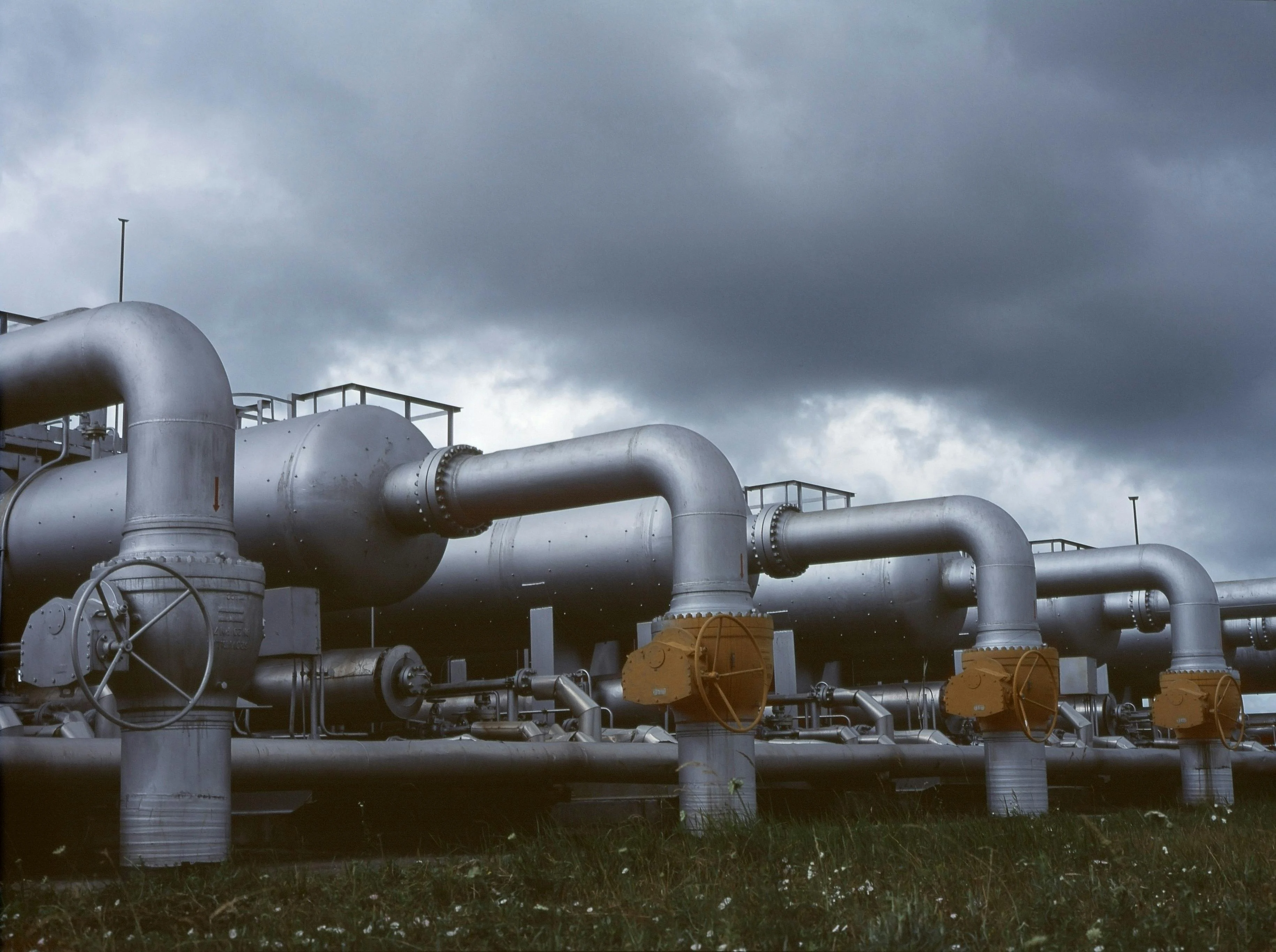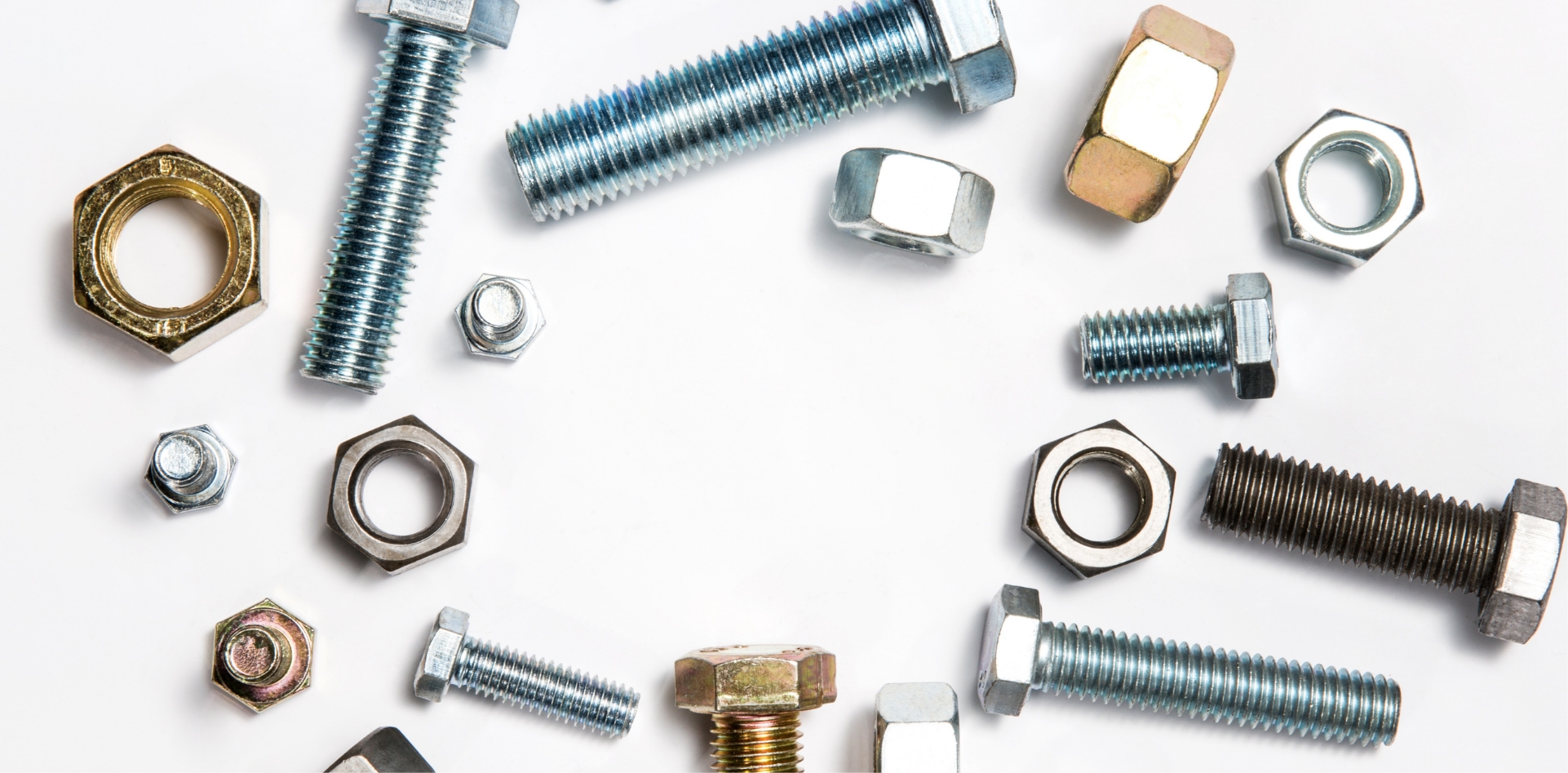

Finding the perfect fit in the intricate world of industrial components can often feel like searching for a needle in a haystack. Nickel Systems emerges as a beacon of reliability, specializing in the distribution of quality fasteners and valves.
The best fasteners for valves depend on the specific requirements of each application and the base material of the valve. This includes environmental conditions such as working with chemical process equipment or valves that endure long-term operation.
Look for the type of strength required and choose the correct corrosion resistance, as fasteners receive environmental stress. A few options to consider to prevent several forms of stress corrosion cracking include:
Behind every smoothly operating valve lies a network of fasteners designed to withstand conditions and ensure optimal performance. There are many variations of valves, each designed to fulfill specific functions. Here are some common types:
